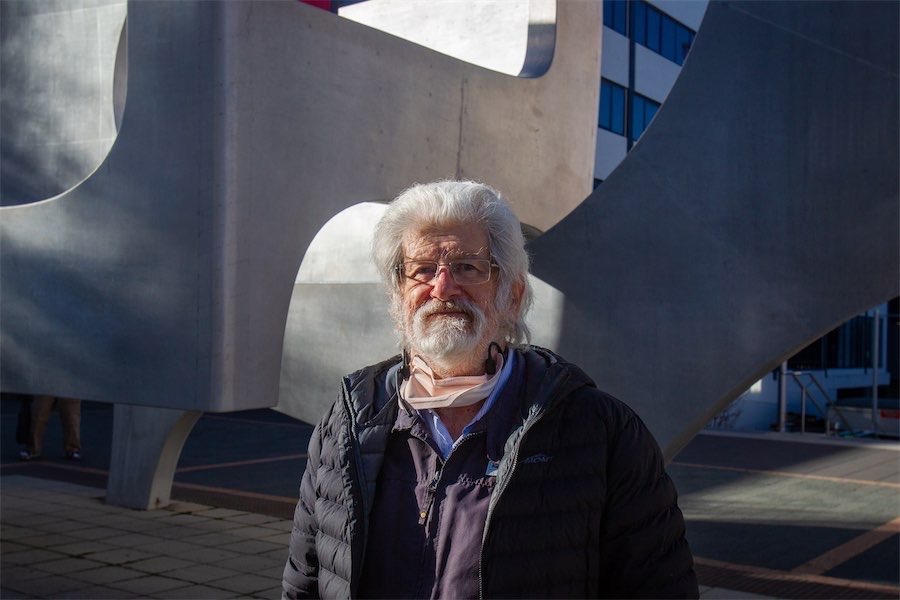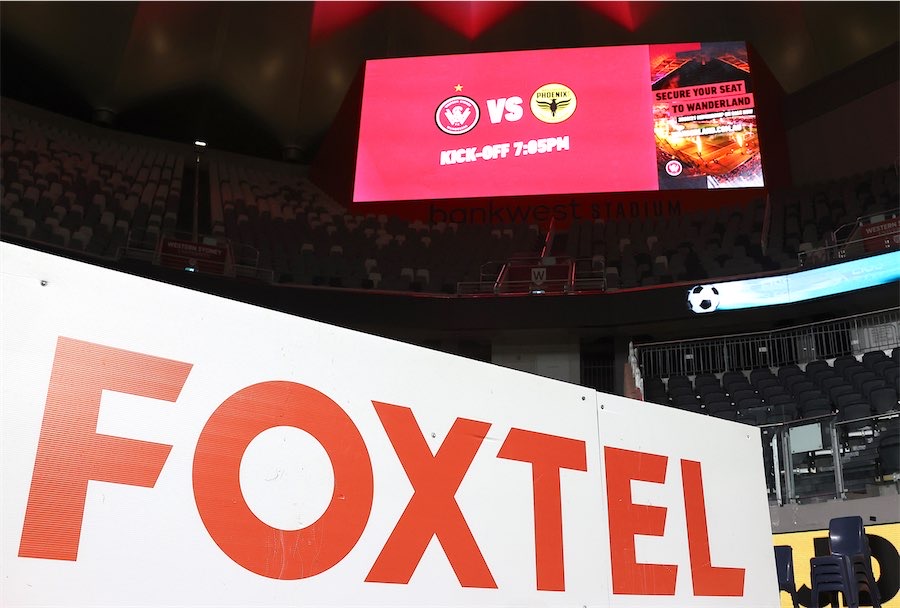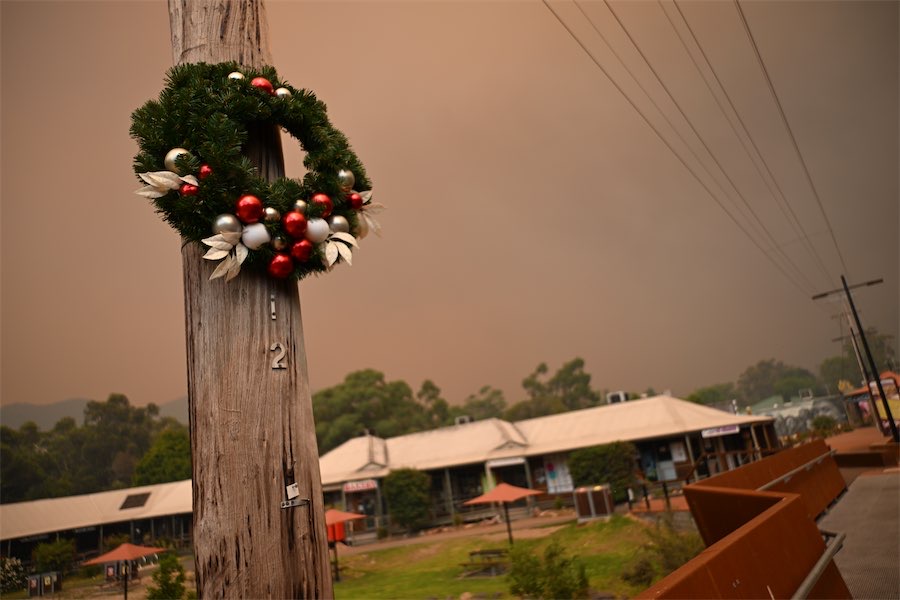
In an ideal ACT, there would be regular electorate events run by MLAs, where they talk to the community about issues that are coming up and provide an opportunity to bring issues into the parliamentary conversation.
So says Peter Tait, convenor of the Canberra Alliance for Participatory Democracy (CAPaD).
In the lead up to the ACT election in October, Peter says CAPaD, a volunteer-run organisation reliant solely on donations, has been hosting public meetings and collecting data on what the public expects from its representatives.
“People are pretty clear [about] what it is they want from their MLA,” Peter says.
“The main things that they want, [is] someone who communicates quickly and clearly, is accessible, they want someone who’s prepared to be challenged and to review their position, they want genuine consultation and quality engagement with the community.
“The words that kept coming through were, ‘we want to be listened to’, so they don’t just come and talk to us, or listen to us and then not do anything.
“They were really supportive of things like deliberative forums and participatory events.”
In the research, Peter says, there was an idea of a scorecard that could be publicly available somehow, where people can look up what their representatives are doing.
“There are already some people that do this, like political gadgets that regularly publish how people vote […] what people are spending their money on, those sorts of things, which is a step towards that sort of tree of accountability,” he says.
The second meeting taking place on June 30, will be dedicated to discussing “good candidates”, for example, whether the promises made are consistent with community needs.
The third conversation will take place in September and will focus on policy and program planning decisions, and how it can be ensured that candidates will listen to the community.
Peter says CAPaD does not seek out specific data on which policies the community holds a particular grievance to during these meetings, rather, it is their view that the policy issue is whether we have good or bad government.
It isn’t just the public wanting to be more engaged with their representatives, with Peter saying a few years ago, CAPaD interviewed several of the MLAs elected in 2016 who said they, too, wanted to be more directly engaged with the community.
“They wanted people to come and talk to them and they wanted to know more clearly what their constituents wanted,” he says.
“But they were, if you like, constrained by the mindset that, well, we go down to the local shops two or three times a year, we send out letters or newsletters or emails from time to time, occasionally they’ll run a survey, but that’s sort of where they stopped.
“But what we’re aware of is, particularly through deliberative democracy mechanisms like citizens’ assembly, citizens’ juries, you can have a maximal, interactive, participatory way of citizens being involved.”
In a healthy democracy there must be participation, he says.
Parliaments make the ultimate decision about what does and doesn’t happen, but, Peter says wiser decisions could be made if people are more actively involved in the decision-making process.
“For, say, particularly contentious issues, I mean, light rail to Woden, we’ve probably lost that one because concrete is being poured, but that’s an example of an issue that maybe if 10 years ago there had been a participatory democratic process involved, we might have come up with a different answer,” he says.
“There’s a whole suite of ways of getting good government, but what we discovered in setting up CAPaD is that it’s about who we elect to be our representative in the parliament.
“One of the strands is electing people who are going to be more personally and directly accountable to us, and will help engage us in the political decision-making processes as far as citizens can be involved.
“Public servants, the parliamentarians and the public, they each have to be prepared to engage, but also to open space for the other to engage.”
The next CAPaD Democracy in Action meeting will be in Curtin on June 30. Register attendance online at humanitix.com/democracy-in-action. More at canberra-alliance.org.au.
Who can be trusted?
In a world of spin and confusion, there’s never been a more important time to support independent journalism in Canberra.
If you trust our work online and want to enforce the power of independent voices, I invite you to make a small contribution.
Every dollar of support is invested back into our journalism to help keep citynews.com.au strong and free.
Thank you,
Ian Meikle, editor




Leave a Reply